The Google AdWords Keyword Planner in the new AdWords Experience can help you do two things:
- Find new keywords for a campaign, and
- Get traffic and click charge forecasts for a bundle of keywords you choose, both individually and in aggregate.
To start, sign in to your AdWords account, make sure you're seeing the New AdWords Experience (from settings at top right). When there, click the wrench icon, go to Planning, click Keyword Planner. That should open a screen that looks like this:
Enter three basic keywords to be the starting point of your search. In the example below I've used boston,tourism and attractions.
Then click the GET STARTED button, which will produce a bar chart of historical total and mobile searches by month for the past year (or another timespan of your choice - you can compare different timeframes to see seasonality of demand and cost), and list of suggested related keywords like this:
Column headings are self-explanatory. Note that Google in its machine-learning wisdom has sorted the keywords by its estimate of relevance. In our example, Google suggested 616 keywords, many of which are totally irrelevant to Boston tourism (although arguably relevant to Boston, tourism and/or attractions but not to all three.) You need to go through the list and check the boxes of the keywords you know to be in fact relevant.
Having done that, we ended up with a list of 22 keywords for further analysis:
Click Add to plan, and each of the 22 selected keywords gets tagged In Plan, like this:
Clicking Plan overview in the left nav brings up this wonderful screen:
With no further effort on our part, Google has produced a prediction of what we'll get for $10,000 worth of click charges using the 22 keywords we selected and a max cost/click of $3:
- 88,000 impressions (ad views)
- 7500 clickthroughs, for a terrific 8.6% clickthrough rate
- Average cost/click of $1.28
- Estimates of shares of cost, clicks and impressions for smartphones, tablets and desktops. (Note the very large mobile shares. Likely that means we've chosen many keywords that people use to search in-destination: best places to visit in boston, boston sites to see, etc.)
- Locations (states) of people doing the searching: note that 95.1% of clickthroughs are expected to come from within Massachusetts - another sign of in-destination mobile searches.
- Cost, clicks and impressions for the five most-used keywords. Google estimates that more than 50% of our budget ($5191.82 out of $10K) will be spent on getting people to view ads for "hotels in boston ma" . We need to consider carefully how much money (ROI) we're going to be able to get from those ad views, considering cost/click (which Google estimates at $5191.82/2450 = $2.12) and the competition for Boston hotel stays (very considerable). If we're not in the hotel business, or don't have sufficient margin to absorb the click charges, we should reconsider using that keyword.
For in-depth projections for each keyword of clicks, impressions, cost, clickthrough rate and cost/click, we can just click on Keywords in the left nav to get a table like this:
Google has done a lot of thinking for us. But you (I hope) know your product and your market better than Google does. Don't fail to heed Google's disclaimer in regard to use of the Keyword Planner:
"It's important to keep in mind that while Keyword Planner can provide some great keyword ideas and traffic forecasts, campaign performance depends on a variety of factors. For example, your bid, budget, product, and customer behavior in your industry can all influence the success of your campaigns."
More on the New AdWords Experience later...

 - David
- David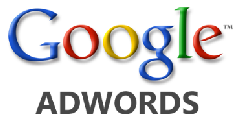
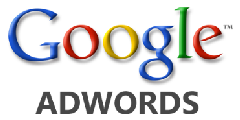
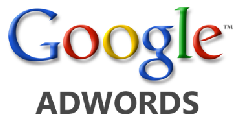
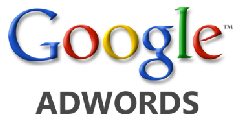
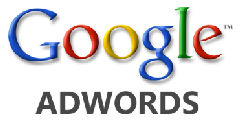
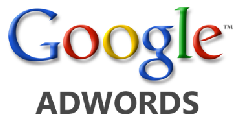
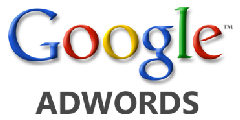
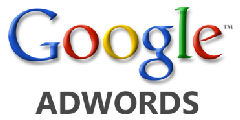
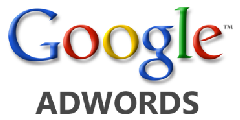
Comments on A first look at Google Keyword Planner in the New AdWords Experience